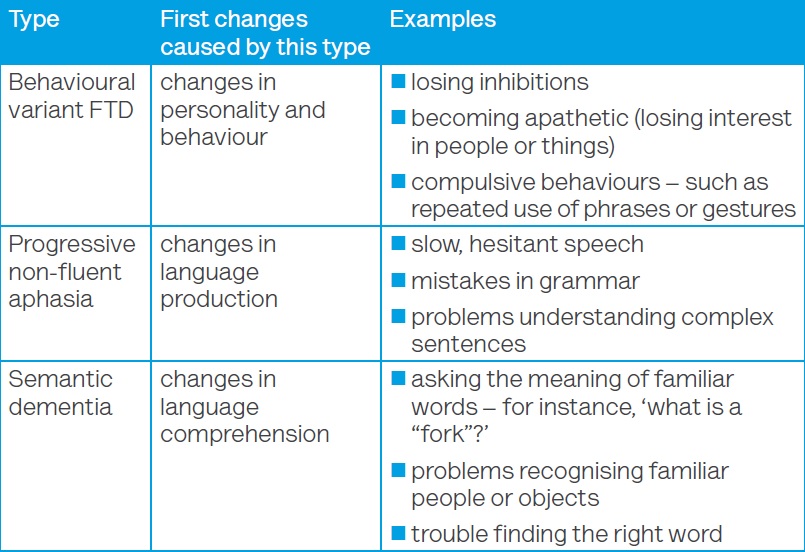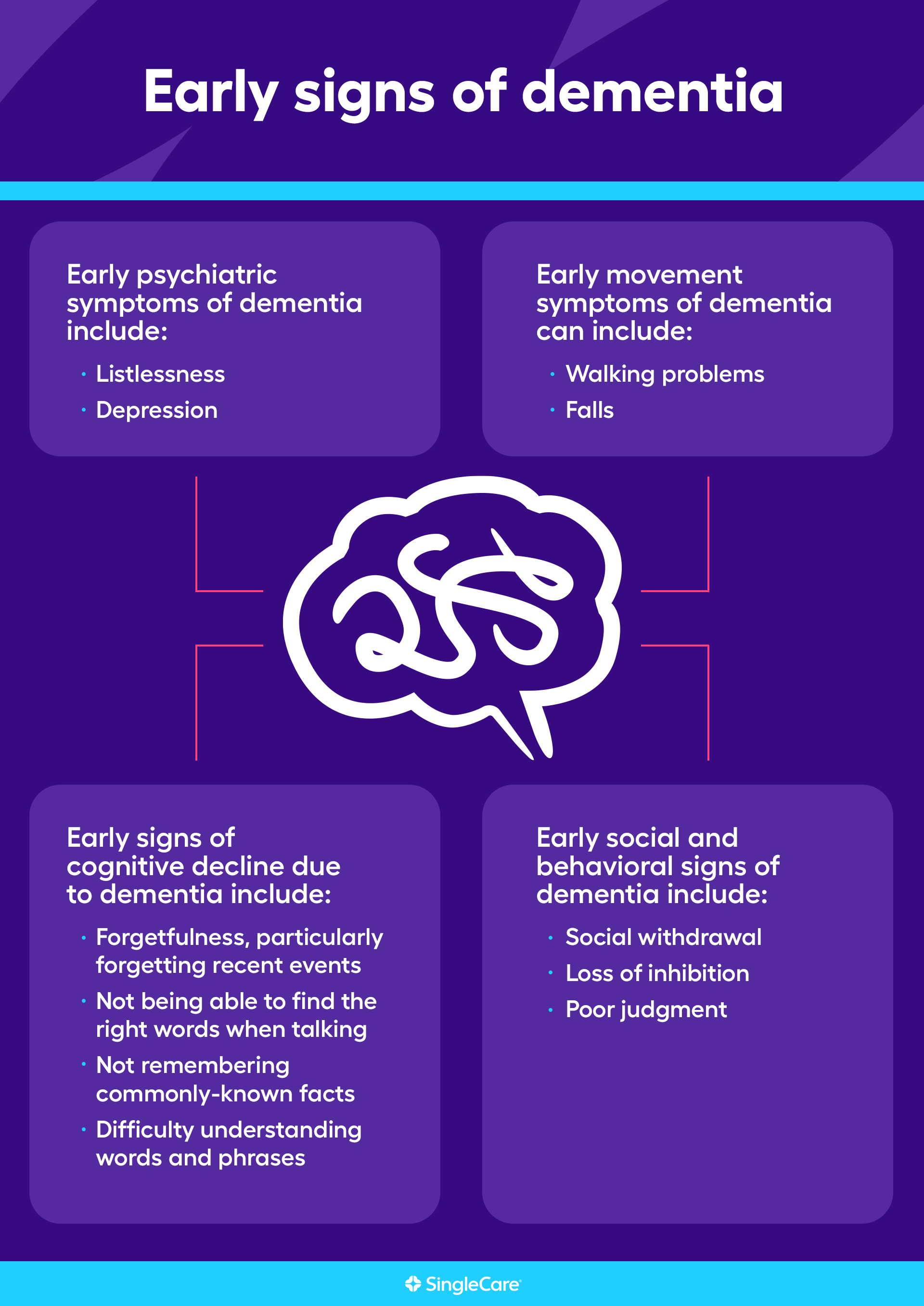Recognizing the Influence of Mental Deterioration on Daily Life and Caregiving
Mental deterioration impacts everyday life in profound means, affecting not just those diagnosed but additionally their caretakers. As cognitive decrease progresses, you could observe adjustments in interaction and regular that obstacle both events.
The Stages of Dementia and Their Results on Daily Life
As you browse the trip of mental deterioration, recognizing its stages can markedly affect exactly how you handle day-to-day life. Dementia generally advances through three main stages: early, center, and late.
During the middle stage, you'll experience a lot more recognizable cognitive decline. Daily jobs might become tough, and keeping your independence may need changes. Making use of reminders and simplifying your setting can aid.
In the late stage, individuals commonly require considerable help with everyday tasks. Planning for care comes to be vital, focusing on comfort and lifestyle. By understanding these stages, you're better geared up to respond proactively, ensuring you or your enjoyed one can browse the obstacles with self-respect and elegance.

Adjustments in Interaction and Social Communication
Just how do modifications in interaction affect your daily interactions as mental deterioration progresses? As dementia advancements, you may observe that basic conversations become challenging.
You might discover it much easier to connect through these methods as opposed to relying solely on talked language. Listening skills can additionally alter; you might locate it more challenging to comply with conversations or bear in mind what was simply said (Frontotemporal Dementia). This can lead to misconceptions or sensations of isolation
Motivating perseverance and producing an encouraging environment can aid. Participating in activities that cultivate connection, like music or art, can boost social interactions. Keep in mind, keeping relationships is still possible; it's practically adapting to new means of communicating.
Influence On Daily Routines and Activities
While steering daily routines, you'll likely observe that jobs you once completed easily come to be more difficult as mental deterioration progresses. Easy activities like food preparation, clothing, and even bathing may need even more time and initiative. You might discover on your own neglecting action in familiar routines or having a hard time to recall where you positioned things. This can lead to stress not just for you, but likewise for those around you.
Adjusting your environment can assist; for instance, identifying items or utilizing lists can simplify jobs. Engaging in repetitive, structured activities can likewise give convenience and a sense of accomplishment. Keep in mind, it's alright to ask for help.
Psychological and Behavior Challenges
Steering with day-to-day regimens can bring about not just useful difficulties, yet additionally psychological and behavioral ones. You might notice modifications in state of mind, such as boosted anxiousness or irritation, which can come from confusion or problem in finishing jobs. As you navigate these minutes, it is crucial to acknowledge that your liked one may share their feelings through actions like agitation or withdrawal.
These emotional reactions can be unpredictable and may emerge without warning, leaving you both feeling bewildered. You could locate that acquainted environments or regimens can help in reducing stress and anxiety, but preserving persistence comes to be significant. It is necessary to validate their feelings, even if you do not completely recognize them.
The Function of Caregivers in Supporting Individuals With Mental Deterioration
As a caregiver, you play a vital role in providing emotional assistance for people with dementia. Establishing everyday treatment regimens can develop a feeling of stability and comfort, assisting to ease their stress and anxiety. By recognizing their requirements and utilizing effective techniques, you can greatly improve their quality of life.
Psychological Assistance Approaches
When caring for somebody with dementia, understanding the psychological landscape is important for supplying reliable support. Straightforward motions, like holding their hand or keeping eye get in touch with, can produce a feeling of safety and security. Inevitably, don't fail to remember to take care of your own emotional needs; looking for support for on your own can improve your capability to care for them.
Daily Care Routines
Developing daily care regimens is important for giving stability and convenience to people with mental deterioration, as these regimens can help in reducing confusion and anxiousness. You can start by detailing a constant schedule for meals, tasks, and rest. This predictability aids your enjoyed one feel a lot more safe and secure and engaged.
Incorporate acquainted tasks, like folding laundry or watering plants, which can evoke favorable memories and promote a feeling of success. Use visual signs, such as schedules or checklists, to assist them through the day.
Be flexible, though; adjust routines as needed based on their state of mind or power degrees. Early Onset Dementia. Remember, your patience and understanding are essential in maneuvering their transforming needs, guaranteeing they feel sustained and valued throughout their life
Developing a Safe and Comfortable Living Setting
Developing a secure and comfy living setting is essential for individuals with dementia. You'll want to make home security adjustments that lower threats and guarantee experience to give a feeling of comfort. By concentrating on these facets, you can assist create an area that sustains both safety and well-being.
Home Security Modifications
As you browse the challenges of mental deterioration, making home safety alterations can significantly enhance comfort and security. Label essential areas, such as the washroom and kitchen area, with clear signs to aid with orientation. These alterations not only advertise safety but also urge self-reliance, allowing your liked one to feel even more at simplicity in their environment.
Comfort and Experience
After ensuring a risk-free environment with essential alterations, fostering comfort and familiarity is important for people with mental deterioration. Begin by customizing their area. Usage acquainted colors, designs, and photographs that evoke happy memories. A favored covering or chair can give a sense of security. Preserve a regular regular to help them feel grounded and lower anxiety. Simple, acquainted meals can likewise develop a comforting ambience. Maintain pathways clear and clutter-free to avoid confusion. Incorporate soft lights, as intense lights can be disorienting. Consider including calming fragrances, like lavender, to advertise leisure. Participating in acquainted activities, such as paying attention to music or Fall Risk horticulture, can boost their feeling of belonging, making their living setting a real shelter.
Techniques for Reliable Caregiving and Support
While navigating the difficulties of mental deterioration treatment can really feel overwhelming, applying effective techniques can significantly enhance both the caretaker's and the individual's day-to-day experience. Start by developing a regimen; sites predictability aids reduce anxiety for both you and your loved one. Usage clear, simple interaction-- direct inquiries and short sentences can avoid confusion.

Do not forget to look after yourself; timetable breaks and get in touch with support system. Sharing experiences with others in similar situations can offer useful insights and emotional alleviation.
Finally, continue to be patient and flexible. Mental deterioration can bring uncertain changes, so adjusting your approach is necessary. By using these strategies, you can promote an extra positive environment that benefits both you and your liked one.
Frequently Asked Inquiries

What Are the Different Sorts Of Mental Deterioration?
You'll locate several sorts of mental deterioration, consisting of Alzheimer's, vascular dementia, Lewy body dementia, and frontotemporal dementia. Each type impacts memory and cognitive feature differently, so recognizing the differences is crucial for proper medical diagnosis and treatment.
Exactly How Can I Help A Person With Early-Stage Dementia?
You can aid someone with early-stage dementia by being patient, providing support, and urging them to involve in tasks they appreciate. Keeping regimens regular and maintaining open communication can additionally make a substantial difference in their day-to-day live.
Are There Financial Resources Available for Mental Deterioration Care?
Yes, there are funds available for mental deterioration care. You can explore government assistance programs, not-for-profit companies, and insurance coverage choices. It's my review here additionally smart to speak with local companies for specific sources tailored to your situation.
What Legal Factors To Consider Should Caregivers Be Conscious Of?
As a caretaker, you must think about power of lawyer, health care proxies, and guardianship laws. It's necessary to understand the lawful rights and duties you hold, ensuring your liked one receives ideal care and security.
Just How Can I Manage Caregiver Stress?
You can deal with caregiver tension by focusing on self-care, seeking assistance from pals or groups, establishing sensible expectations, taking breaks, and practicing relaxation techniques. Bear in mind, your wellness matters equally as high as the person you're taking care of.
Recognizing the Effect of Dementia on Daily Life and Caregiving.
As you navigate the trip of dementia, understanding its stages can substantially influence how you handle daily life.While navigating daily routines, you'll likely observe that tasks you once completed effortlessly come to be a lot more challenging as dementia proceeds.Developing day-to-day treatment routines is vital for offering security and convenience to individuals with dementia, as these routines can assist minimize confusion and anxiety.While maneuvering the obstacles of mental deterioration treatment can feel frustrating, applying efficient methods can considerably improve both the caretaker's and the patient's everyday experience.